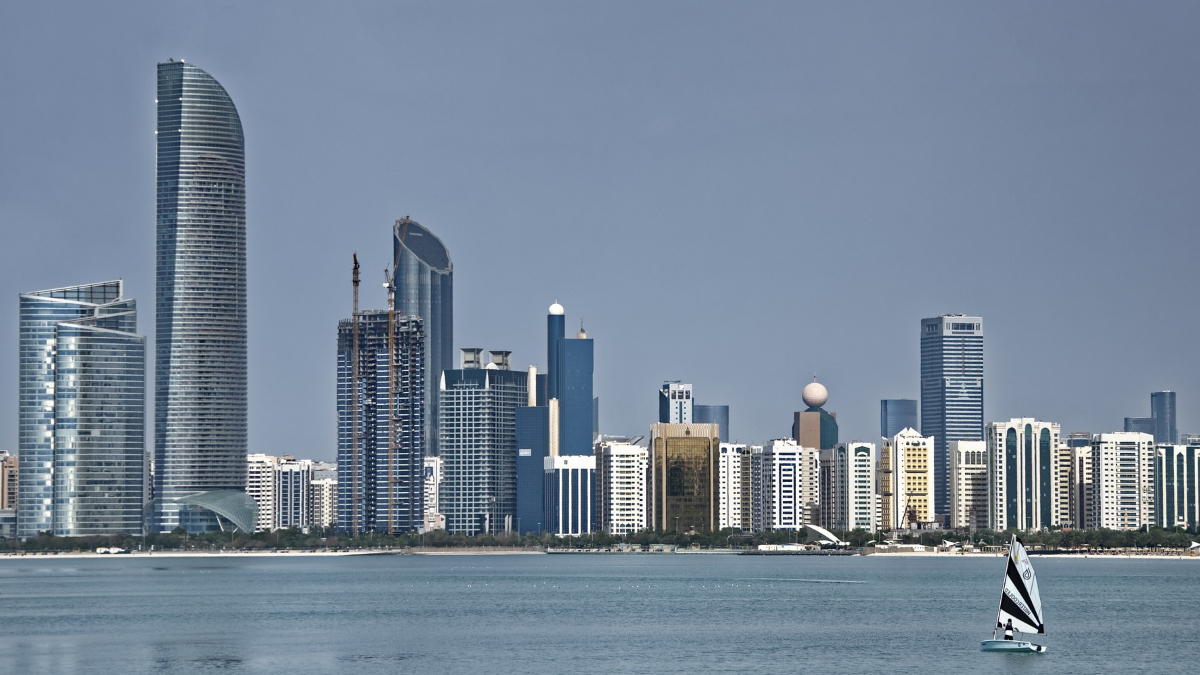Abu Dhabi is set to introduce autonomous water taxis for passenger travel and unmanned ground vehicles (UGVs) for cargo transport. This initiative is the result of a collaboration between the Technology Innovation Institute (TII), Aspire, and Maqta Gateway, under the AD Ports Group’s digital cluster, aiming to develop innovative solutions across land, air, and marine operations.
Jeremy Nicola, the senior director at TII, shared insights with Khaleej Times on their plans to tackle maritime infrastructural challenges faced by Abu Dhabi Ports. The project includes deploying UGVs for general cargo movement within warehouse areas and autonomous surface vehicles (ASVs) for transporting people from the Abu Dhabi mainland to nearby islands, enhancing the Department of Transport’s maritime infrastructure.
Highlighting the benefits, Nicola emphasized that ASVs would increase efficiency, safety, and reliability of city-to-island passenger transport, while reducing operational costs and improving passenger experiences. By leveraging advanced technologies like LiDAR, radar, and additional sensors for 360-degree environmental awareness, ASVs promise a safer and more comfortable journey with the ability to adjust routes and schedules in real-time.
On the cargo side, UGVs are expected to transform the industry by improving productivity, safety, and cost efficiency. These vehicles can operate continuously, navigate complex environments with precision, and reduce the risks of accidents, making them a safer alternative for operations near heavy machinery or in adverse weather conditions.
Nicola also pointed out that the integration of robotics in UGVs and ASVs accelerates efficiency by enabling improved navigation, obstacle avoidance, and adaptive decision-making. This approach not only makes the vehicles more reliable and efficient but also reduces the need for human intervention in routine, repetitive, and potentially dangerous tasks.






